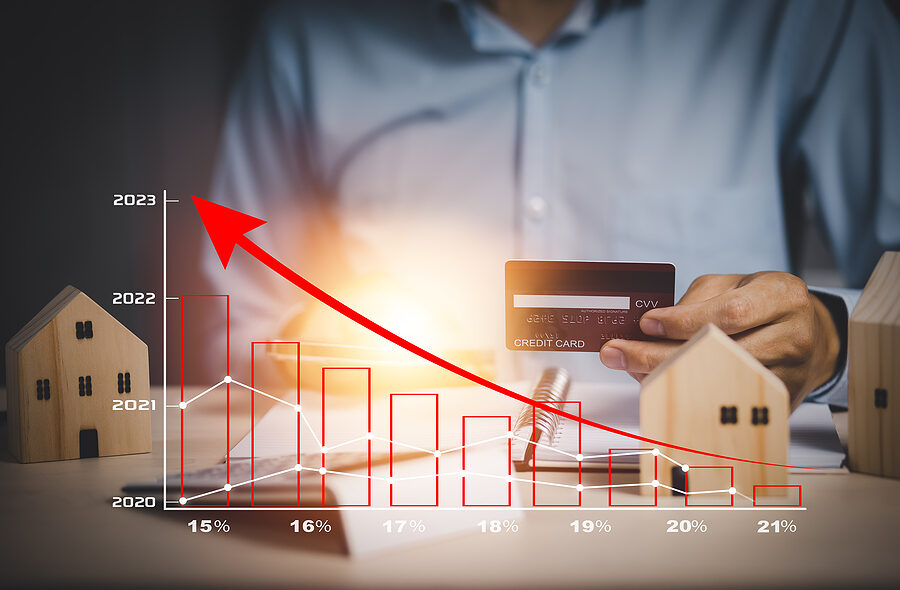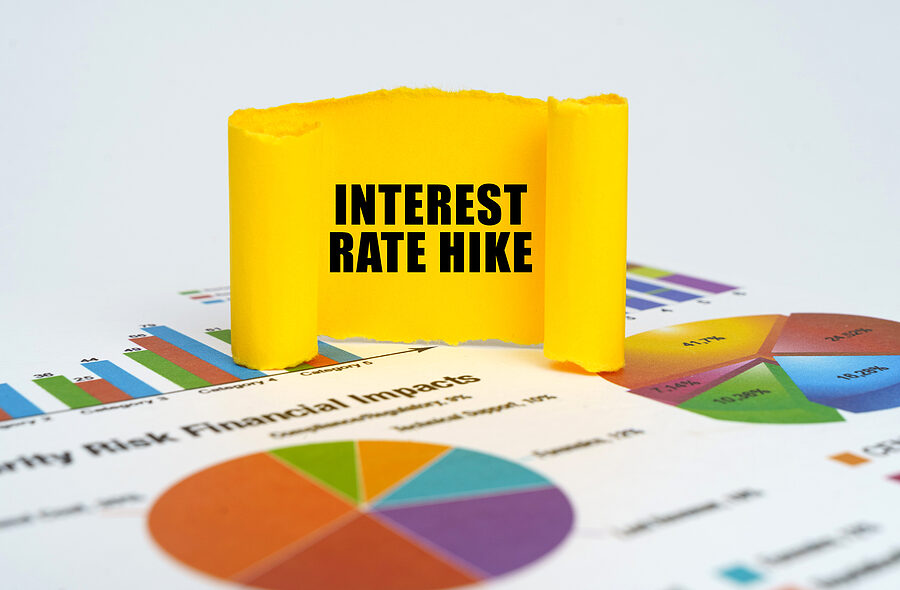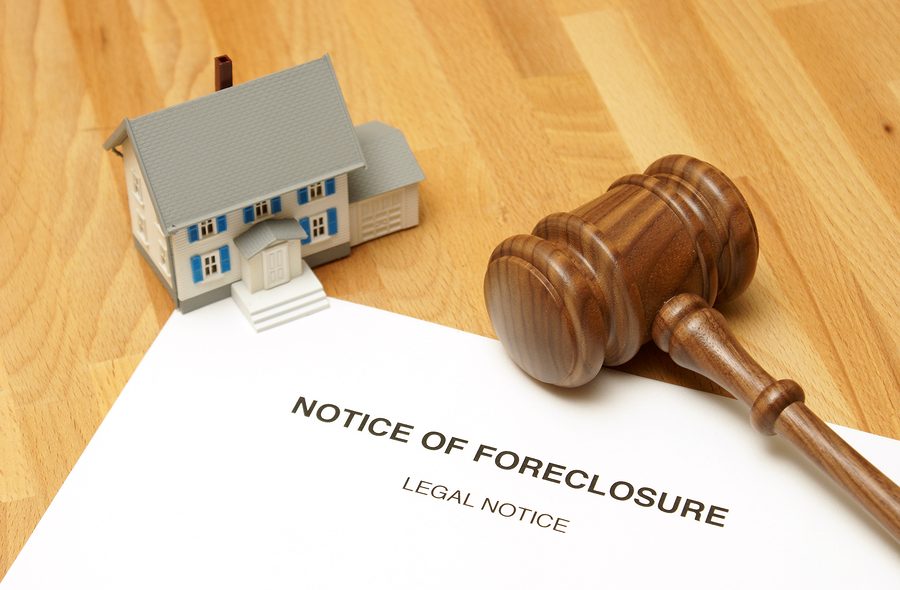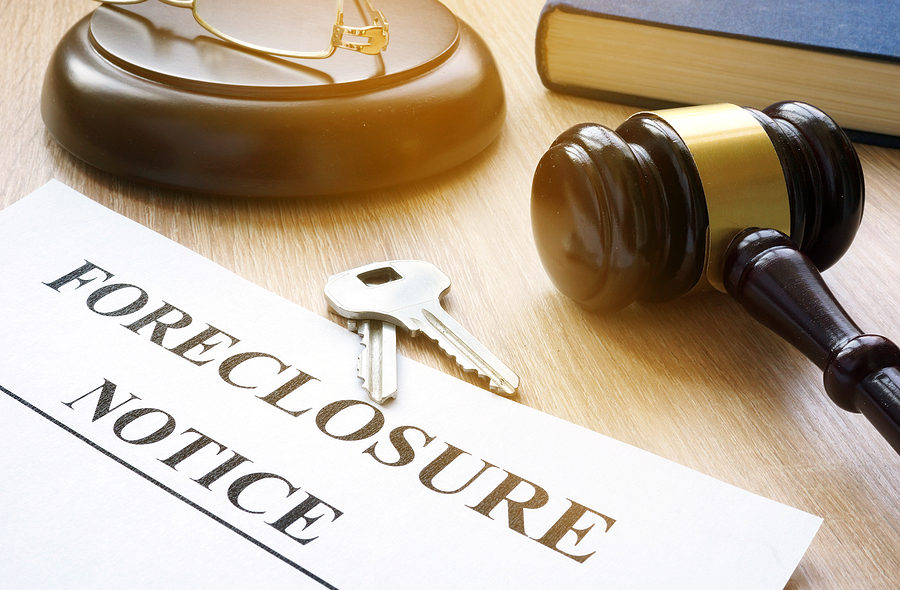American consumers are falling back into bad spending habits when it comes to credit card use, according to a recent study released by the personal finance website, WalletHub. Credit card debt increased by $39.6 billion during the third quarter of 2022. This increase is part of a larger trend that started in 2021, if not before.
During 2021, U.S. consumers added a total of $86.2 billion to the nation’s credit card debt balance. In the fourth quarter alone in 2021, credit card debt increased by $73.1 billion. Consumers did start the new year off well enough in 2022 by paying down approximately $12.5 billion in credit card debt, only to add $67.2 billion during the second quarter, followed by $39.6 billion during the third quarter. This figure is a record for Q3 reports.










